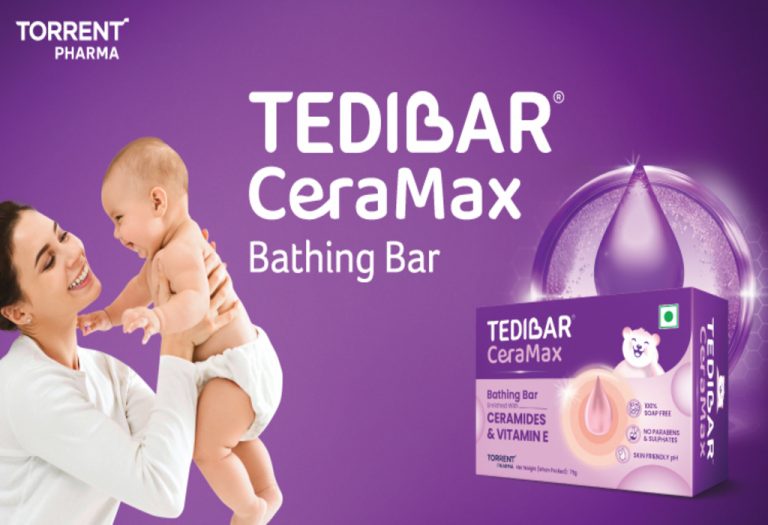Carrot for Babies – When to Introduce, Benefits and Recipes

When it comes to nutritional salads, carrots have an important place, along with cucumbers, tomatoes, and beetroots. Known for their rich vitamin A content and antioxidants, carrots significantly improve vision, boost immunity, and support overall growth. However, introducing carrots to your baby’s diet requires careful consideration. Making carrots a part of your baby’s palate is not as straightforward as it may seem. It is essential to prepare them age-appropriate, whether through purees, steamed pieces, or finger food. Understanding the right approach to offer carrots for babies is key to making the transition smooth. Here is everything you should know about introducing carrots in your baby’s diet.
When to Introduce Carrot in Your Baby’s Diet
Many parents think that boiling carrots for baby food is the quickest way to include them in their diet. However, the time needs to be right as well. As with most other vegetables, the appropriate time to introduce your baby to carrots is when he is about 6 months old (1). Even so, it is best to check with your doctor before starting solid food items.
Nutritional Value of Carrots
In 100 grams of carrot, the nutrients present are as follows:
| Description | Quantity |
| Vitamin K | 13.2 mcg |
| Vitamin E | 0.66 mg |
| Vitamin A | 835 mcg |
| Choline | 8.8 mg |
| Vitamin B9 | 19 mcg |
| Vitamin B6 | 0.138 mg |
| Vitamin B5 | 0.273 mg |
| Vitamin B3 | 0.983 mg |
| Vitamin B2 | 0.058 mg |
| Vitamin B1 | 0.066 mg |
| Vitamin C | 5.9 mg |
| Fluoride | 3.2 mcg |
| Selenium | 0.1 mcg |
| Zinc | 0.24 mg |
| Copper | 0.045 mg |
| Manganese | 0.143 mg |
| Sodium | 69 mg |
| Potassium | 320 mg |
| Phosphorous | 35 mg |
| Magnesium | 12 mg |
| Iron | 0.3 mg |
| Calcium | 33 mg |
| Fat | 0.24 mg |
| Protein | 0.93 mg |
| Fibre | 2.8 g |
| Sugar | 4.74 g |
| Carbohydrates | 9.58 g |
Benefits of Carrots for Infants
Carrots are packed with essential nutrients that make them a great choice for your baby’s diet. Here are the key benefits of including carrots for infants.
1. Healthy Body Cells
Carrot contains certain properties that directly affect the cell growth mechanism. This ensures that the growth of cells in not unchecked and uncontrolled. On the other hand, in areas where cell growth needs to be rapid, such as injuries or wounds, carrots help assist in healing those areas.
2. Better Liver Functioning
On the event of any toxic chemicals entering the body, the primary organ to be affected is the liver. Carrot contains properties that not only support body cells but also helps protect the liver from the effects of such harmful chemicals.
3. Strengthens Immunity
The most important thing that a baby requires is a strong immune system. Lymphocytes and blood platelets play a key role in keeping the balance of the immune system and ensuring its strength. Carrots help improve the numbers of these entities that boost immunity within the child (2).
4. Better Circulation
A circulatory system not only transports oxygen through the heart and blood vessels but also helps flush out toxins from the body, thanks to the kidneys. Carrots contain flavonoids, which are micronutrients. These directly improve the health of the heart and kidneys, making them function better.
5. Improved Eyesight
Vitamin A and beta-carotene are the two essential elements responsible for developing good eyesight. These affect the growth of the retina and help maintain it in proper condition. Carrots contain both these elements in good amounts, helping maintain a clear and sharp vision (3).
Baby Carrots or Regular Carrots- Which Are Good for Babies?
Ideally, baby carrots are the same as that of regular carrots. The only difference is that these are harvested before they have a chance to grow to full-sized carrots. Their flavur is slightly sweet, and they are a little soft, too.
However, many baby carrots in markets are usually full-grown carrots sliced down to a smaller size. These ones are low in nutrition as well as have been found to contain chlorine.
Therefore, it is best to purchase full-grown regular carrots.
How to Store and Select Carrots for Your Child
Go for carrots that are uniform in colour and do not have any splotches on them. Fresh carrots do not have any external growth or stem on their bodies. If a carrot’s body has scaly surface or holes, there’s a chance that pests have attacked the carrot so it is best avoided.
At home, peel away a layer of the carrots and cut out the upper disc. Wash and soak the carrots to remove any mud particles. Dry them and store them in an airtight container in the fridge.
How to Cook Carrots for Baby
Preparing carrots the right way ensures they are safe, nutritious, and easy for your baby to digest. Here are the best ways to cook carrots for baby
- By Steaming: Steaming carrots for baby is the easiest way to cook carrots for your baby. It helps to contain all the nutrients in the carrot and ends up softening it as well. Cutting the clean carrots into strips and steaming them for about ten minutes makes them soft enough to be consumed.
- 2. By Boiling: Boiling is yet another simple way to prepare carrots for your baby. Whether boiled in a pressure cooker or a pot, the water used for boiling also contains many nutrients from the carrot. Boiling carrots for about half an hour makes them soft, and the water can be used in a puree or a broth, along with mashed carrots for babies.
- By Baking: Baking carrots is a great idea for making a quick snack for the baby. Cutting carrots into long, thin slices, placing them in an oil-greased dish, and baking them until they are dark orange makes them ready to be consumed easily.
- By Roasting: For a slightly older child, a roasted carrot could bring the crunchiness that he likes. Preparing them is quite easy since barely any ingredients are required. Cooking carrots in a non-stick pan for 30 minutes roast them really well, and can even be included as part of other recipes.
Carrot Recipes for Babies
Here are some simple carrot recipes for babies.
1. Carrot Milkshake
A delightful and creamy milkshake, this recipe offers a unique way to introduce carrots to your baby in a drinkable form.
Ingredients
- Diced carrots
- Cow’s milk
- Sugar
How to Make
- Take a bowl and add all the ingredients in it. Mix it well together.
- Place the bowl on low heat and let it sit for around 15 minutes.
- Let it cool down and then pour the mixture into a blender.
- Blend it properly until the desired consistency is achieved.
2. Carrot, Apple, Onion Soup
This comforting soup combines the earthy flavor of carrots with the sweetness of apples and the subtle bite of onions. It’s a delicious, soothing option for babies who are ready for more complex flavors in their diet.
Ingredients
- Diced carrots
- Diced onions
- Peeled and diced apples
- Water
How to Make
- Take a bowl and boil the onions and carrots in it.
- Take another bowl and boil the apples separately in it.
- Once done, put all of them together in a blender. Blend it all together properly.
- Add warm water while blending until it starts resembling a thin, soupy texture.
- Let it cool a bit and the apple-onion carrot soup is ready to serve.
3. Chicken Carrot Puree
A savory and nutritious puree, this recipe blends tender chicken with soft carrots, making it a great option for babies starting solids. It provides essential protein and vitamins in a smooth, easy-to-eat texture.
Ingredients
- Diced carrots
- Chopped boneless chicken
- Water
How to Make
- Take two bowls and boil the chicken pieces and diced carrots separately.
- Drain the carrot water but keep the chicken stock handy.
- Add the chicken pieces, carrot, and stock to a blender. Blend it together properly.
- Add warm water to thin it out further. If your baby is still quite young, you can make it even thinner for easy consumption.
4. Carrot Rice
This simple yet tasty carrot rice dish is a great introduction to mixing grains and vegetables. It offers a mild flavor that’s easy on your baby’s stomach while providing a healthy serving of carrots.
Ingredients
- Diced carrots
- Rice
- Water
How to Make
- Take a pot and put the carrots and rice together in it.
- Cook these together for about half an hour. Alternatively, you can also use a pressure cooker to cook them together.
- Once both are softened, take them out and mix them properly. You may choose to add more water to make carrot rice for infants easier to eat.
5. Carrot Juice
Carrot juice is a naturally sweet and nutrient-packed drink that’s easy for babies to consume. This recipe offers a refreshing way to incorporate carrots into your baby’s diet in liquid form.
Ingredients Needed
- Carrots
- Water
How to Make
- Wash the carrots properly and chop them down to small pieces.
- Use a juice extractor to remove the juice from the carrots and collect it in a container.
- If the juice is thick, you can add more water to make it thin.
6. Carrot Pancakes
These soft and fluffy carrot pancakes are perfect for babies who are ready for finger foods. With a touch of sweetness from the carrots, they make for an ideal snack or breakfast option.
Ingredients Needed
- Grated carrots
- Whole wheat flour
- Milk
- A pinch of cinnamon
How to Make
- In a bowl, mix grated carrots, whole wheat flour, milk, and cinnamon to form a smooth batter.
- Heat a non-stick pan and pour a small ladle of batter onto it.
- Cook on both sides until golden brown and soft.
- Let them cool and cut into bite-sized pieces for your baby to enjoy.
7. Carrot Lentil Puree
Packed with protein and vitamins, this carrot and lentil puree is both nutritious and filling. It’s a great meal for babies who are developing their ability to eat heartier foods.
Ingredients Needed
- Diced carrots
- Red lentils
- Water
How to Make
- Boil the lentils and carrots together in a pot until soft.
- Drain the excess water but save a little for blending.
- Blend the cooked lentils and carrots into a smooth puree.
- Add a little of the reserved water to adjust consistency before serving.
8. Carrot and Sweet Potato Mash
This smooth mash combines the natural sweetness of carrots and sweet potatoes, creating a comforting meal for your baby. It’s an easy way to offer both root vegetables in one delicious bite.
Ingredients Needed
- Diced carrots
- Peeled and diced sweet potatoes
- Breastmilk or formula (optional)
How to Make
- Steam the carrots and sweet potatoes until soft.
- Mash them together with a fork or blend for a smoother texture.
- Add breast milk or formula to adjust the consistency for younger babies.
Baby Food Combination With Carrots
Carrots can be combined with multiple food items to not only make great recipes but also to complement the flavours.
- Sweet potato and carrot baby food are one of the best ways to form a tasty puree. Carrots can literally go with every vegetable, so experimentation can yield quite interesting results.
- Introducing your baby to rice and wheat or even lentils can be made easier by combining it with carrots. This adds flavour to the creation and makes it easier to consume.
- While creating meat-based purees, the strength of the meat aroma can be balanced with the flavour of carrot. This makes the entire dish even more delicious.
- When it comes to fruits, very few of them can be aptly combined with carrots. However, apples and carrots make a killer combination, along with peaches. Both the fruits have a sweet and sour flavour to them, which goes pretty well with carrots.
Some Precautionary Measures to Take While Giving Carrots to Your Baby
Carrots are a healthy addition to your baby’s diet, but it’s important to follow certain precautions to ensure their safety and suitability. Here are some precautionary measures to keep in mind when offering carrots to your baby.
- Allergic Reactions: Chances of your baby being allergic to carrots are next to none. However, in the rarest of the rare cases, if your baby starts showing signs of vomiting and diarrhoea, right after consuming carrots, this could be a sign of a carrot allergy. Always ensure that the carrot is clean and healthy before giving to the baby.
- The Right Age: Avoid giving your baby carrots or any solid food items until he is at least 8 months old or so. The digestive system of the baby needs time to develop strength and be able to digest solid food items successfully.
- The Right Form: Babies cannot start having raw carrots right at the outset. When introducing carrots to them, the appropriate way is to peel the carrots, grate them into small pieces, and steam or boil them until they are soft. This results in carrots that can be mashed to make purees, which can then be given to babies. In order to add some flavour, it is best to add salt instead of sugar since your baby can easily get hooked on sugar instead of the nutrients of the carrot.
- The Right Amount: Everything is healthy to consume only when it is had in moderation. In the excitement of giving a lot of it right at the get-go can result in digestive issues for the baby. For the initial stages, carrots can be introduced in the baby’s diet by mashing them and giving the puree as a small evening snack of sorts. The amount here should be as small as simply one teaspoon or so. Keep it at this small amount for a few days to a week and observe how your baby reacts. If there are no problems and he starts asking for more, you can gradually step it up to two spoons, then three spoons, and similar. At no point should you completely replace his diet with this puree.
FAQs
1. Do carrots constipate babies?
Carrots are generally not known to cause constipation in babies when served in moderation. However, in rare cases, excessive consumption of cooked carrots might lead to firmer stools due to their low water content.
2. Are carrots safe for babies with sensitive stomachs?
Carrots are usually gentle on the stomach and suitable for babies with sensitive digestion. Introducing them in small quantities and monitoring your baby’s reaction can help ensure they are well-tolerated.
3. How should I store leftover cooked carrots for my baby?
Leftover cooked carrots should be stored in an airtight container and refrigerated. They can typically be kept for up to 48 hours, but always check for freshness before serving again.
4. Can carrots cause discoloration of the skin in babies?
Yes, consuming large amounts of carrots can sometimes cause a harmless condition called carotenemia, where the skin develops a yellow or orange tint. This usually resolves once carrot intake is reduced.
The nutritional benefits that carrots provide to a baby are unbelievable and it makes complete sense to make it a part of the baby’s diet as soon as possible. Attention should also be paid to giving the carrots in the right form to the baby. Mashed purees from carrots or carrot juice for babies are great ways to introduce them in the right context of flavour and nutrition. As your child grows and starts teething, he will start enjoying tiny chunks of carrots in his diet as well.
References/Resources:
1. Carrot; Solid Starts; https://solidstarts.com/foods/carrots/
2. Dias. J; Nutritional and Health Benefits of Carrots and Their Seed Extracts (Food and Nutrition Sciences); Scientific Research; https://file.scirp.org/pdf/FNS_2014120411490798.pdf; December 2014
3. Vitamin A and Carotenoids; NIH; https://ods.od.nih.gov/factsheets/VitaminA-HealthProfessional/
4. Carrots, mature, raw; Food Data Central; U.S. Department of Agriculture; https://fdc.nal.usda.gov/food-details/2258586/nutrients
5. Constipation; University of Rochester Medical Center; https://www.urmc.rochester.edu/encyclopedia/content.aspx?contenttypeid=90&contentid=P01986
6. When Can My Baby Start Eating Solid Foods?; Nemours KidsHealth; https://kidshealth.org/en/parents/solid-foods.html
7. AAP Clinical Report on Infant Methemoglobinemia; American Academy of Pediatrics; https://www.aafp.org/pubs/afp/issues/2005/1215/p2558.html
Also Read:
Cucumber for Infant
Spinach for Babies
Peas for Infant
How to Give Corn to Babies
Was This Article Helpful?
Parenting is a huge responsibility, for you as a caregiver, but also for us as a parenting content platform. We understand that and take our responsibility of creating credible content seriously. FirstCry Parenting articles are written and published only after extensive research using factually sound references to deliver quality content that is accurate, validated by experts, and completely reliable. To understand how we go about creating content that is credible, read our editorial policy here.






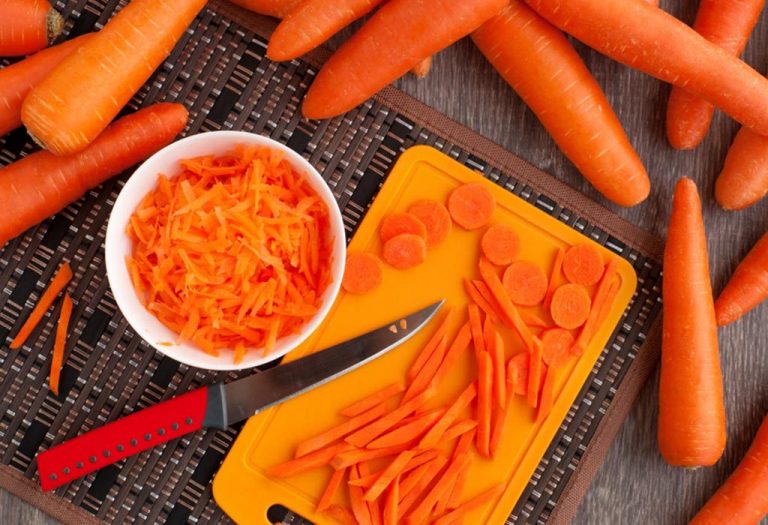
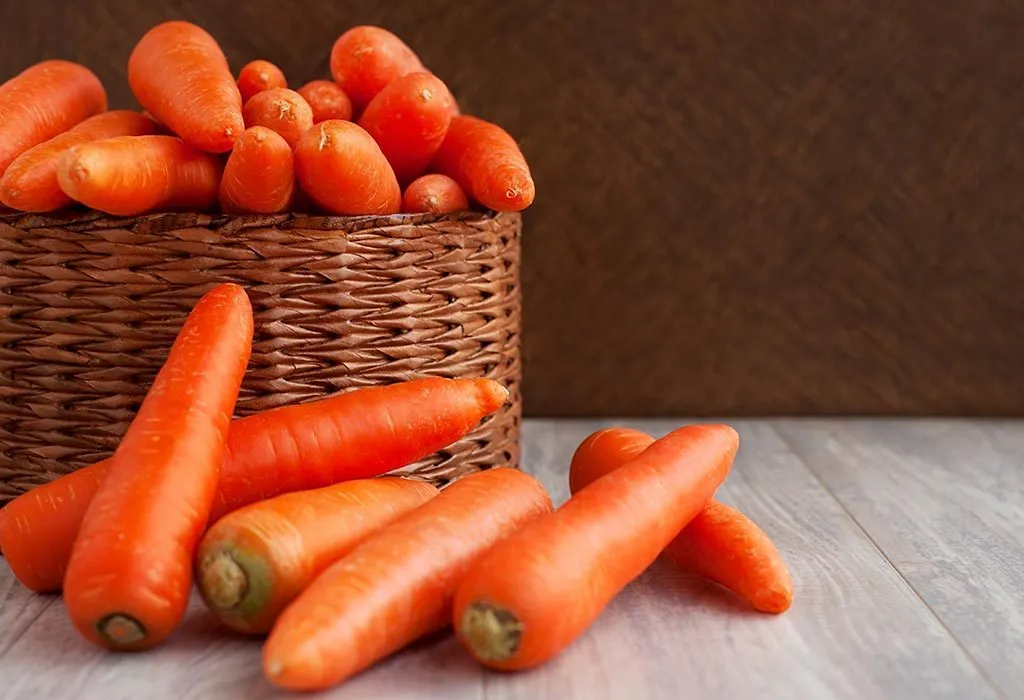
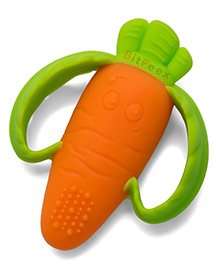

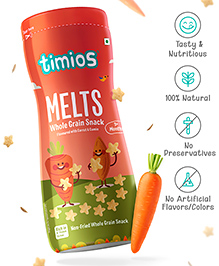

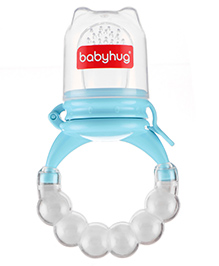

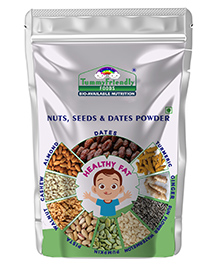



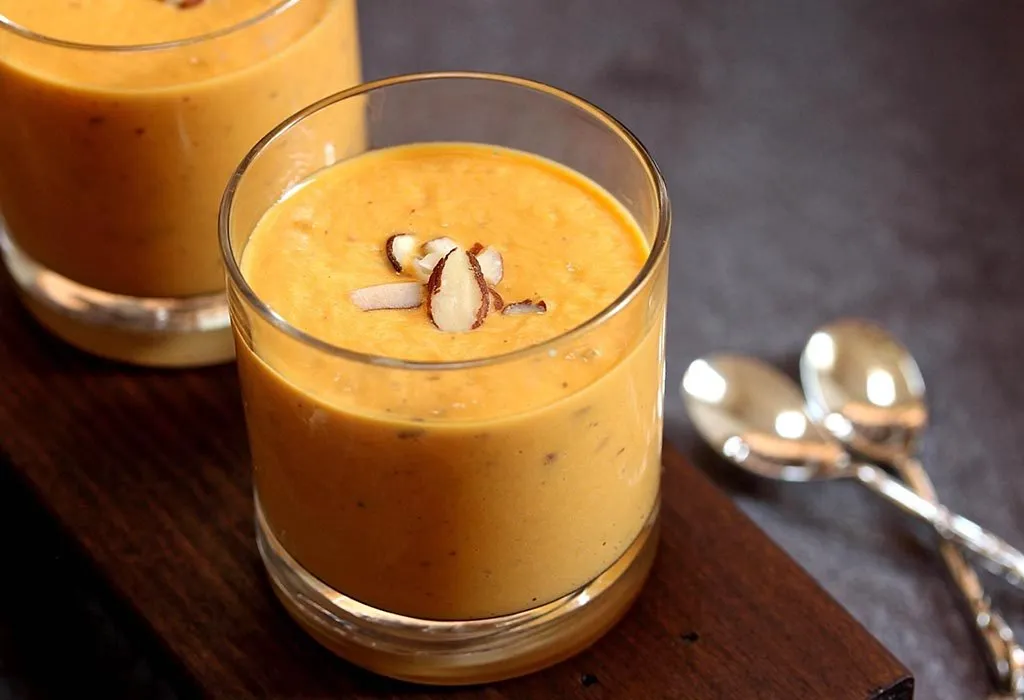
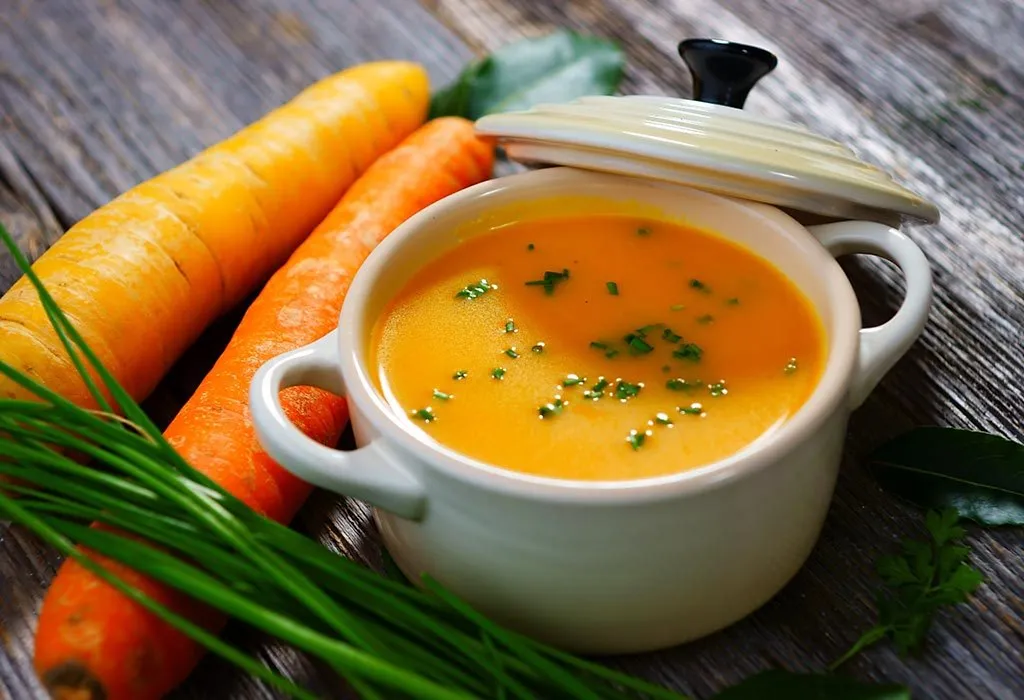
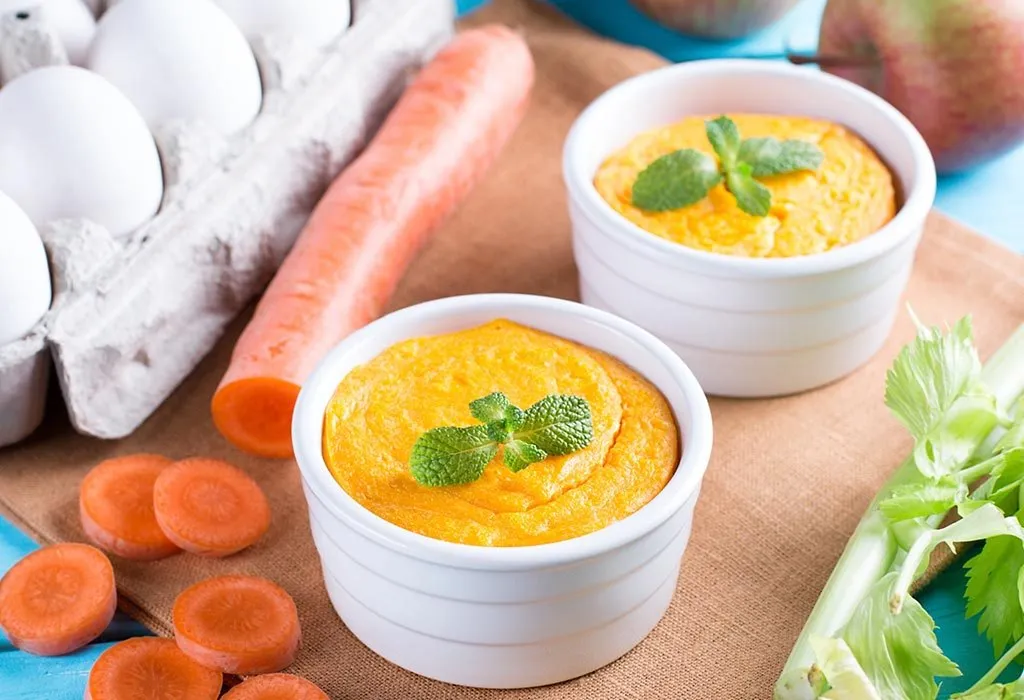
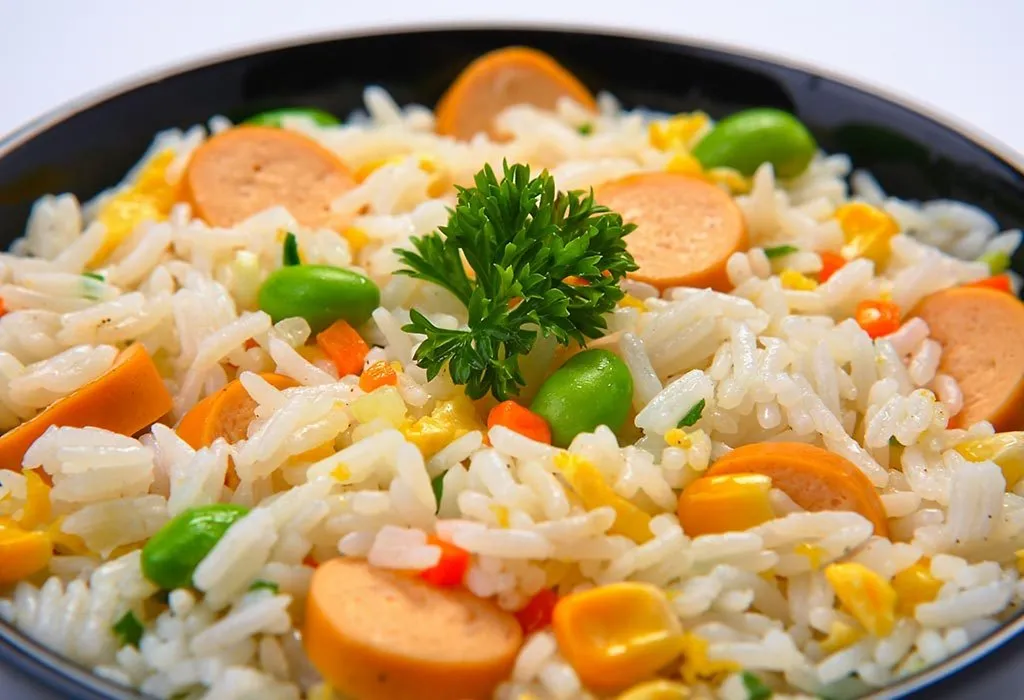
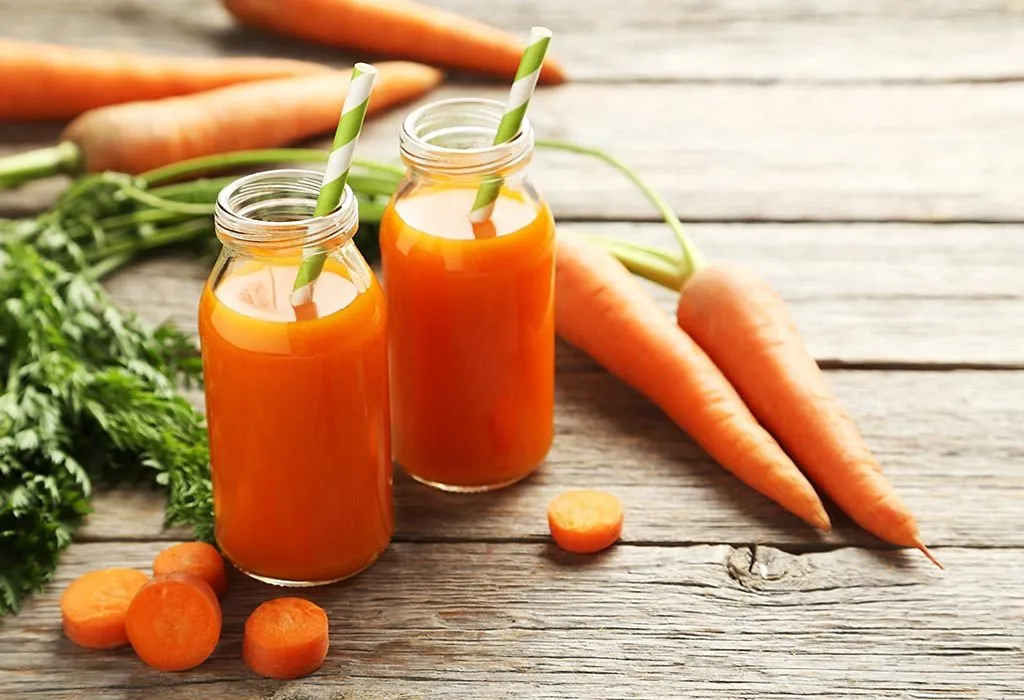
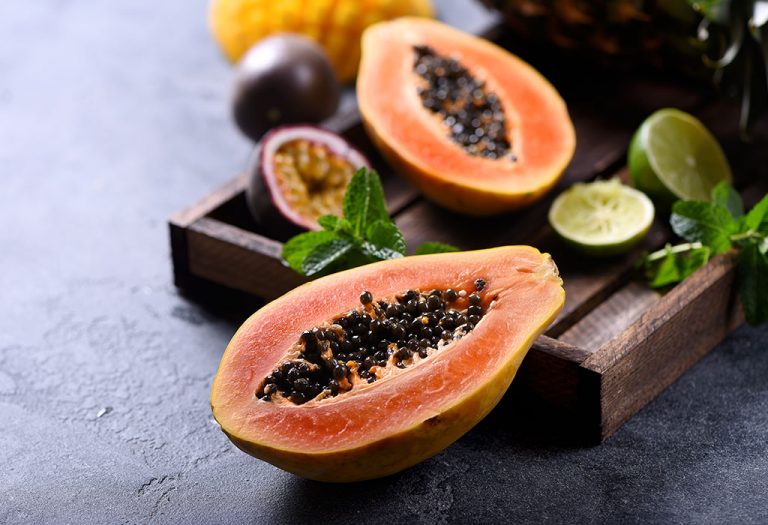
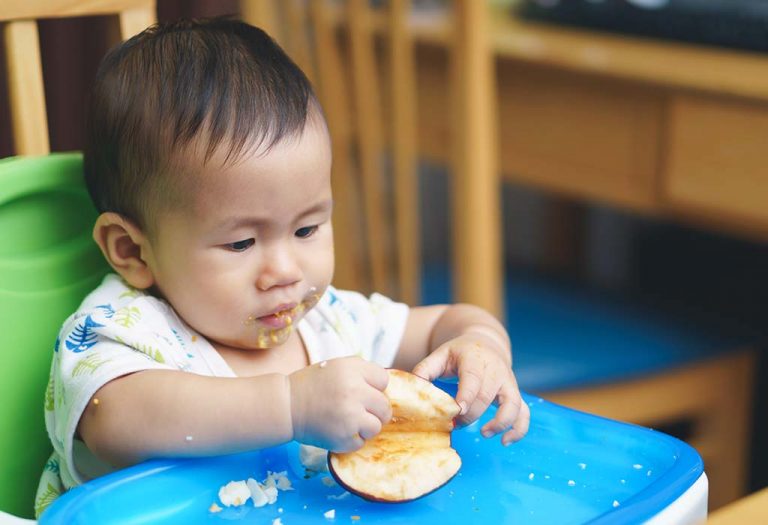
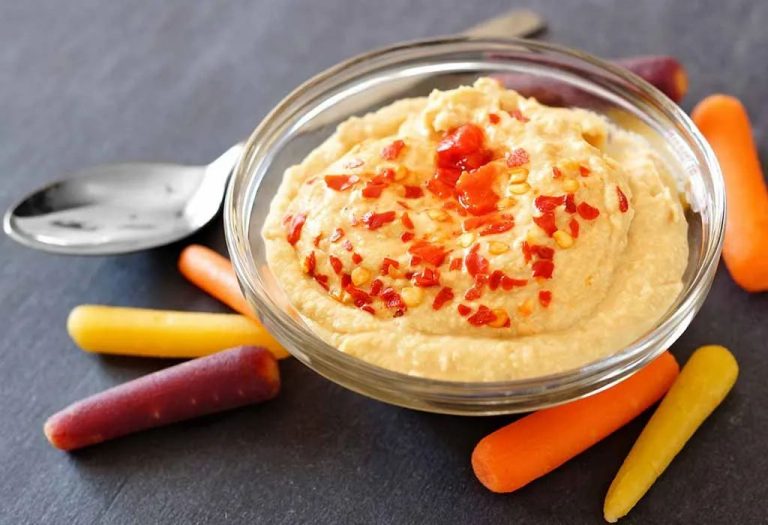
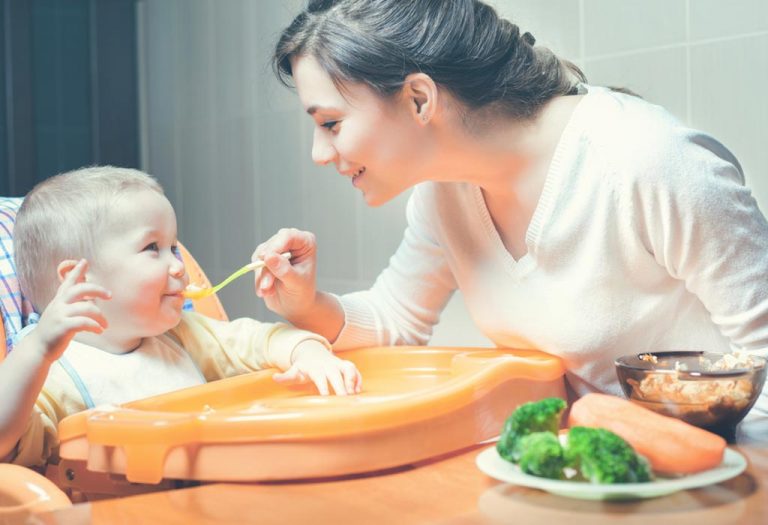

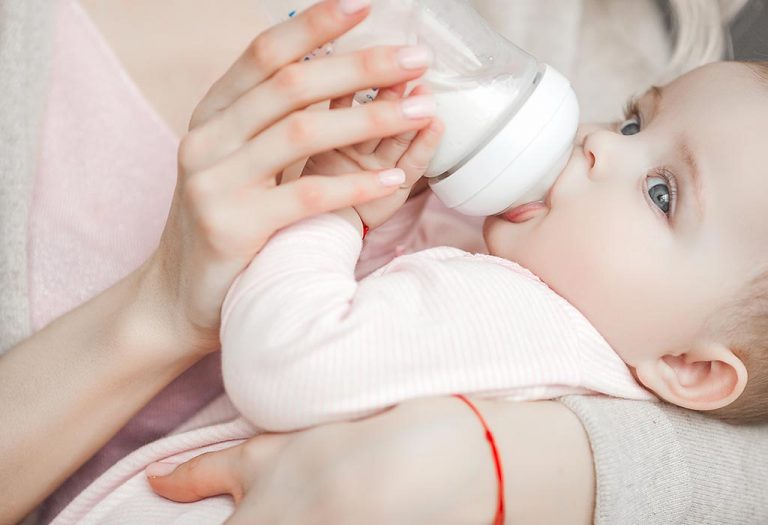

.svg)










